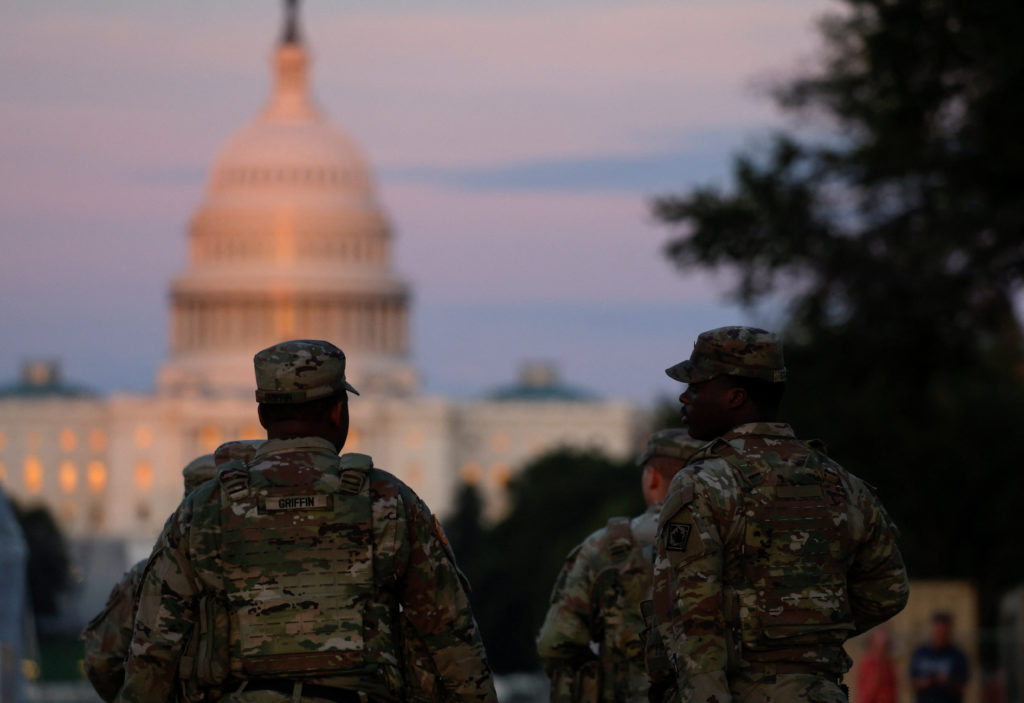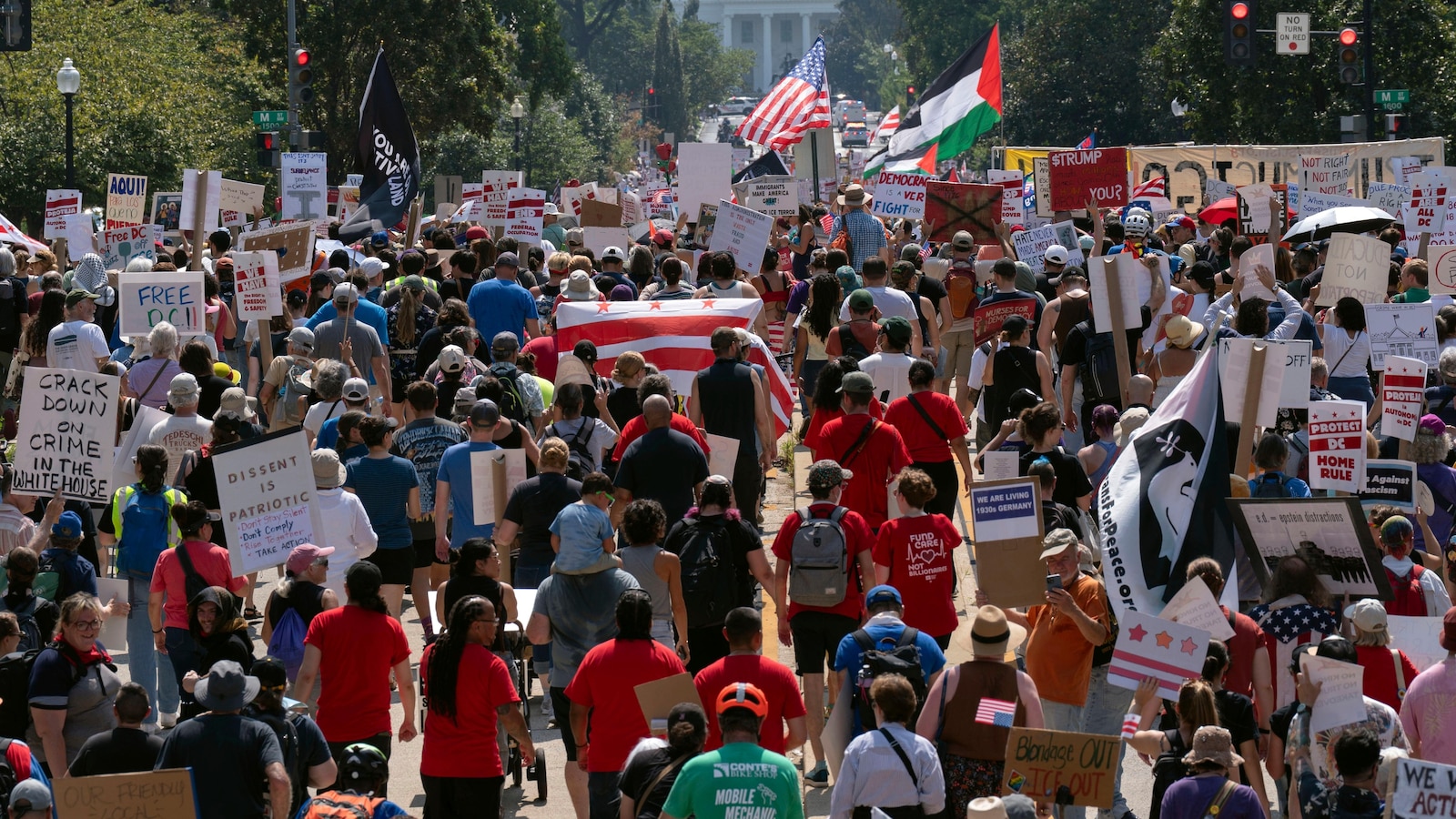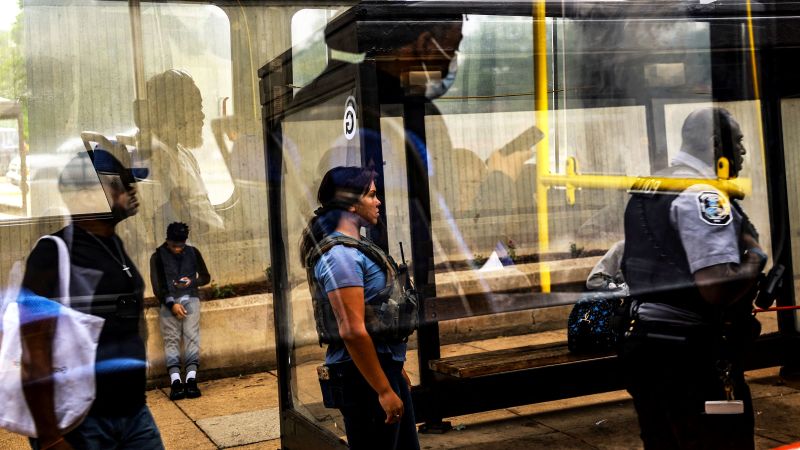Trump's DC Emergency Order Expires Amid Congressional Push for New City Limits
President Trump's emergency order federalizing Washington's police force has expired, leading to the return of district control and prompting Congress to consider new legislative limits on the city.
Subscribe to unlock this story
We really don't like cutting you off, but you've reached your monthly limit. At just $5/month, subscriptions are how we keep this project going. Start your free 7-day trial today!
Get StartedHave an account? Sign in
Overview
- President Trump's emergency order, which federalized Washington's police force, is set to expire, initiating discussions in Congress about imposing new limits on the city.
- Congress did not extend the emergency order, resulting in the immediate return of the police force to the control of the District of Columbia.
- Amidst these changes, the White House and local police reported a decrease in crime during a recent surge, even as new limits for DC are debated.
- Mayor Bowser urged House Oversight Committee leaders to reject proposals for new restrictions as Trump's emergency order expired and the House moved to impose new city limits.
- The National Guard deployment in DC continues with an uncertain end, while the House considers thirteen bills aimed at repealing or modifying D.C. laws following the order's expiration.
Report issue

Read both sides in 5 minutes each day
Analysis
Center-leaning sources frame this story as an ongoing power struggle where federal actions threaten Washington D.C.'s autonomy. They emphasize the "clash" between Republicans and the "heavily Democratic district," portraying federal legislative efforts as an attempt to "wrest away" local control and challenge the city's "home rule."
Articles (4)
Center (2)
FAQ
The emergency order aimed to launch a crime-fighting initiative by federalizing Washington's police force and deploying additional federal law enforcement and the National Guard to reduce crime in the city.
Congress holds significant authority over Washington, D.C.'s governance, including controlling the city’s police force and considering legislation that can limit the district’s autonomy, as shown by its failure to extend the emergency order and deliberation over bills to impose new restrictions.
Although President Trump's emergency order expired, National Guard troops and some federal law enforcement agencies remain deployed in Washington, D.C., with an uncertain timeline for their withdrawal; the National Guard is expected to stay at least until November 30.
Mayor Muriel Bowser has urged Congressional leaders to reject new restrictions on the city’s autonomy and stressed that federal partnerships in policing would continue despite the order's expiration; she also emphasized that the end of the order does not indicate a relaxation on security efforts.
Reports from the White House and local police indicated a drop in crime during the federal law enforcement surge; however, data also showed that crime rates were already declining before the emergency order was put in place.
History
- This story does not have any previous versions.



